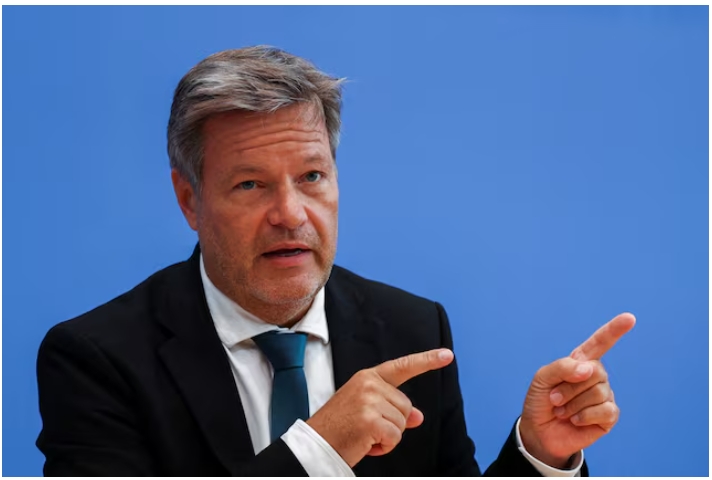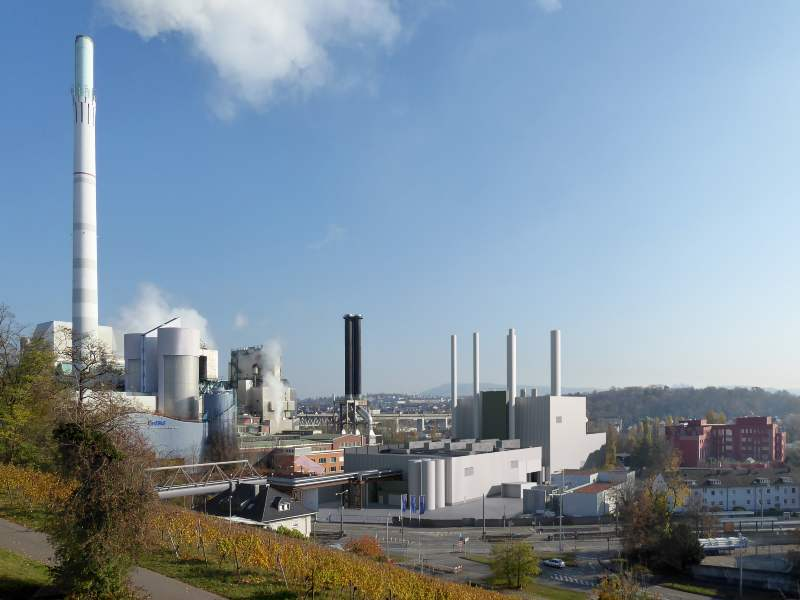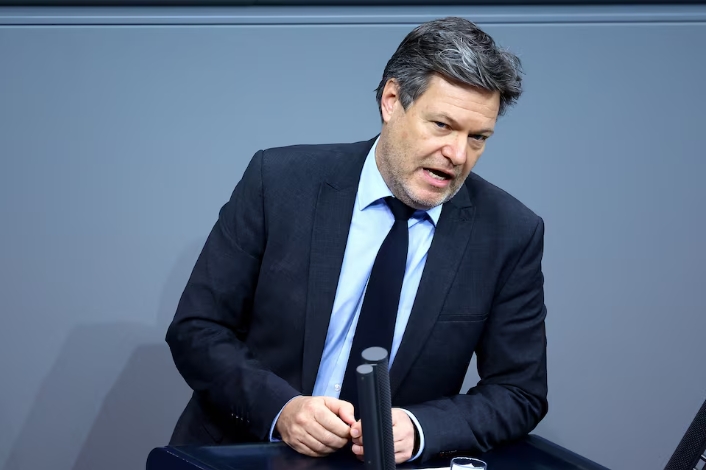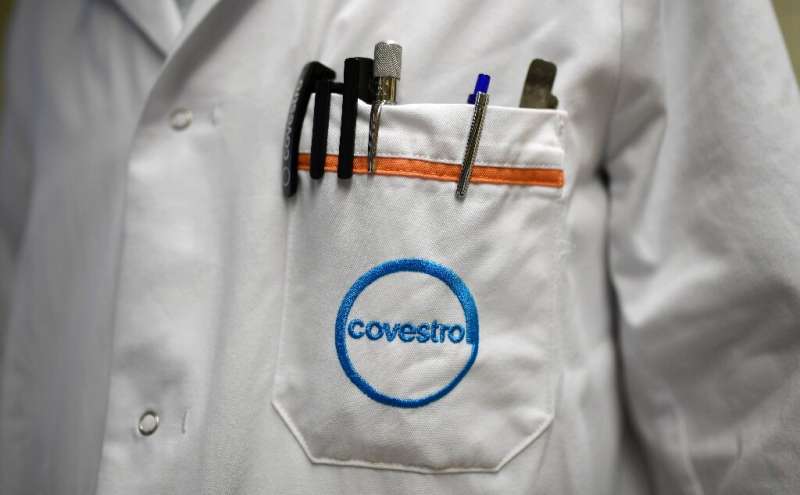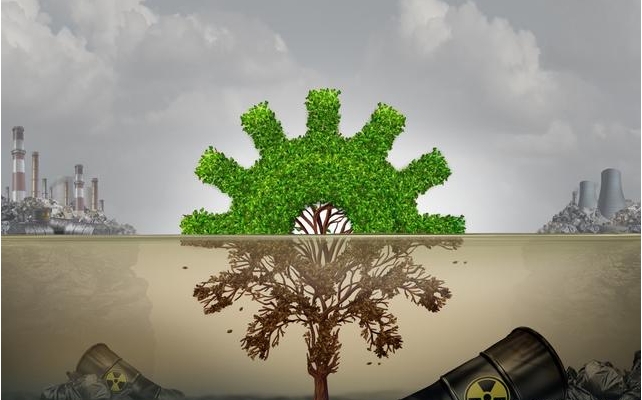
Emissions from industrial production rose by 2% last year, despite the sector itself slumping, according to preliminary calculations from think tank Agora Energiewende. A further increase in industrial emissions is expected if the economy recovers in the future, the report added.
Manufacturing accounts for a fifth of the gross value-added generated in the German economy and the recession there is weighing on the economy, which is headed for a second straight year of contraction.
The country accounts for a quarter of the European Union’s energy-related carbon dioxide pollution, and about as much as the next largest emitters — Italy and Poland — put together. It aims to cut emissions by as much as two-thirds by 2030, but with snap elections next month many green ambitions have been delayed or face an uncertain future.
Germany’s lag on achieving its climate obligations could hurt the EU’s overall green targets and erode some of its own successes achieved on the back of cuts in industrial production.
Overall, Germany still managed to cut its carbon emissions by 3%, through its successes in the energy sector, as it shut down some coal-fired power stations and ramped up renewables to generate electricity, according to Agora’s data. However, that decline has also been driven by demand reduction and production cuts from energy-intensive industries, linked to the crisis triggered by Russia’s war in Ukraine.
Sectors like transport and buildings were the worst performers last year, missing their respective annual emissions reduction goals, Tuesday’s report said.
There’s a reluctance among households and corporations to embrace green technologies, despite an overall decline in electricity costs, Agora’s Germany director Simon Müller said in a statement. Sales of heat pumps and new registrations of electric cars fell by 44% and 26% respectively last year, according to the report.
Agora’s data “makes it clear that climate policy is effective if it is driven forward politically with commitment and stability over legislative periods,” according to Müller. “The major successes in reducing emissions in the electricity sector underline this. At the same time, there is still a lack of structural momentum in transport, buildings and industry, which we need in order to achieve the climate targets.”
Renewables accounted for a record 62.7% share of net power generation, with wind energy taking the lion’s share. Solar energy amounted for about 14%, research institute ISE Fraunhofer said last week.
Germany’s Environment Agency will release official 2024 emission data in mid-March.

